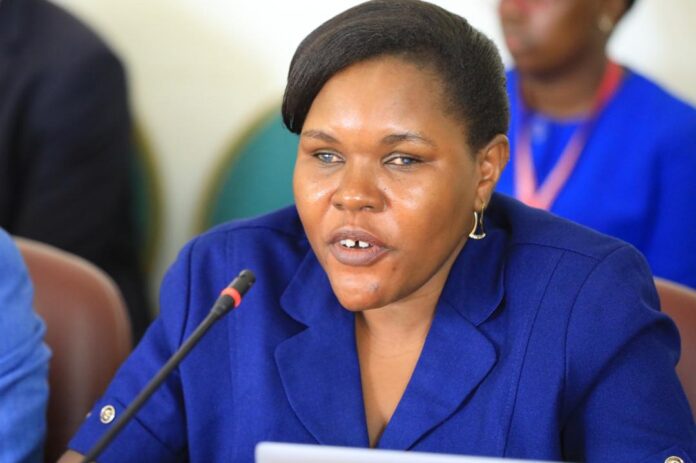
The National Union of Disabled Persons of Uganda (NUDIPU) has raised concerns over a controversial proposal by the Ministry of Education that seeks to exclude individuals with physical and mental infirmities from serving on the National Teachers Council.
This proposal, outlined in Clause 8(5)(d) of the National Teachers Bill 2024, states that the minister may at any time remove a member of the council from the office if the member is incapable of performing his or her functions as a member of the council as a result of mental or physical infirmity.
This has been labeled as discriminatory and a direct violation of the rights of people with disabilities.
Esther Kyozira, the Chief Executive Officer of NUDIPU, while appearing before the committee on education at Parliament to discuss the bill on October 10, 2024, asked Parliament to reject this clause.
“It perpetuates a long-standing issue in Ugandan legislation that marginalizes individuals with disabilities,” Kyozira said.
She pointed out that this provision has historically been used to unjustly remove qualified individuals from government positions, regardless of their cognitive abilities.
“The practice has been that because of this provision in different laws of Uganda, we have found that many people, if you got an accident today and your legs are deformed, much as your brain is still working, you will be told that you are physically deformed, so you are incapable of doing your work,” Kyozira stated.
She further highlighted the stigma surrounding mental health, noting that individuals receiving treatment at institutions like Butabika are often deemed unfit for representation, regardless of their recovery status.
Additionally, NUDIPU’s challenge comes at a critical time when the rights of disabled individuals are increasingly being recognized globally.
Kyozira has therefore urged lawmakers to consider the implications of such exclusionary policies and to work towards a more inclusive framework that respects the capabilities and contributions of all citizens, regardless of physical or mental challenges.














